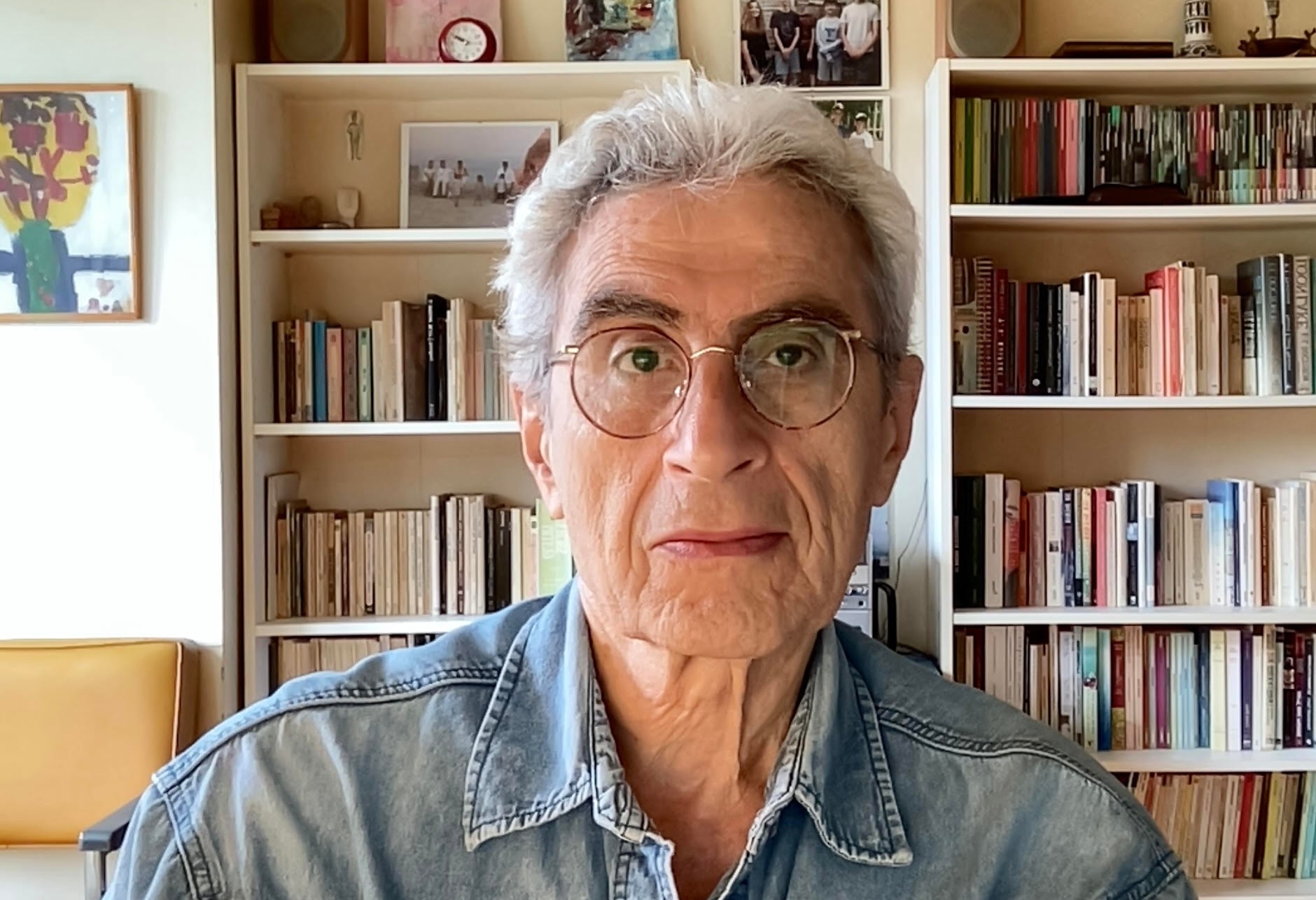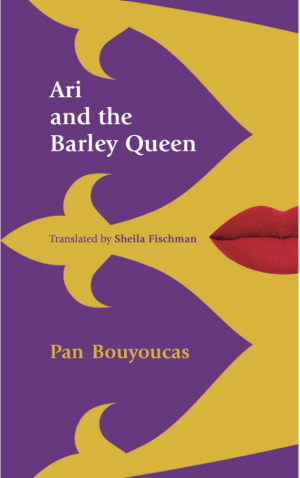Still, Bouyoucas has always skimmed along the mainstream. One challenge has been finding his niche as a Greek outsider in Quebec, where the French-English divide in publishing can be tricky to navigate. This came to a head in 1997 with the publication of La vengeance d’un père (Libre Expression), a novel set against the backdrop of the 1995 referendum on Quebec sovereignty.
“The publisher wanted a thriller,” he says. “My idea was a book that didn’t take sides on where Quebec’s Greek community stood on sovereignty. But the reviewers only focused on the thriller aspects, not the political point I was making, which was that although the Greeks who had immigrated in the 1950s and 1960s were rejected like myself by French-Canadian institutions, they were not all as anti-French as the nationalists thought.”
Having only published in French until then, Bouyoucas tried his luck in English with his next novel, The Man Who Wanted to Drink Up the Sea (Cormorant Books, 2006). More irony? It became his best-selling work in France and Quebec — after it was translated into French.
“I’ve often wondered how my career would have developed had I written in English from the start,” he says.
Not one for fads
Now a grandfather, Bouyoucas remains busy. A Montreal company is workshopping three satirical plays that he wrote during the COVID-19 pandemic, and his novel Ari and the Barley Queen (Guernica Editions) is currently enjoying an English translation launch.
Reflecting on his career, he can’t help but look askance at trends in writing and publishing.
“Novels and plays today seem to follow the same formula,” Bouyoucas says. “You’re told to write what you know best, so everything has become autobiographical. And dark. Because if you’re not miserable, you lack depth. If you’re too clear, you’re dismissed as simplistic. But if you’re obscure, your work is given profound meanings it doesn’t have.”
Bouyoucas hopes for a wrier look at the world.
“The plays I see, they take themselves so seriously and lack any irony. I love irony. I’m proud about sticking to my own vision and never getting sidetracked by fads.”
 Pan Bouyoucas has lived and worked in Montreal’s Mile End neighborhood for 50 years.
Pan Bouyoucas has lived and worked in Montreal’s Mile End neighborhood for 50 years.
 Ari and the Barley Queen, is Bouyoucas's latest book.
Ari and the Barley Queen, is Bouyoucas's latest book.